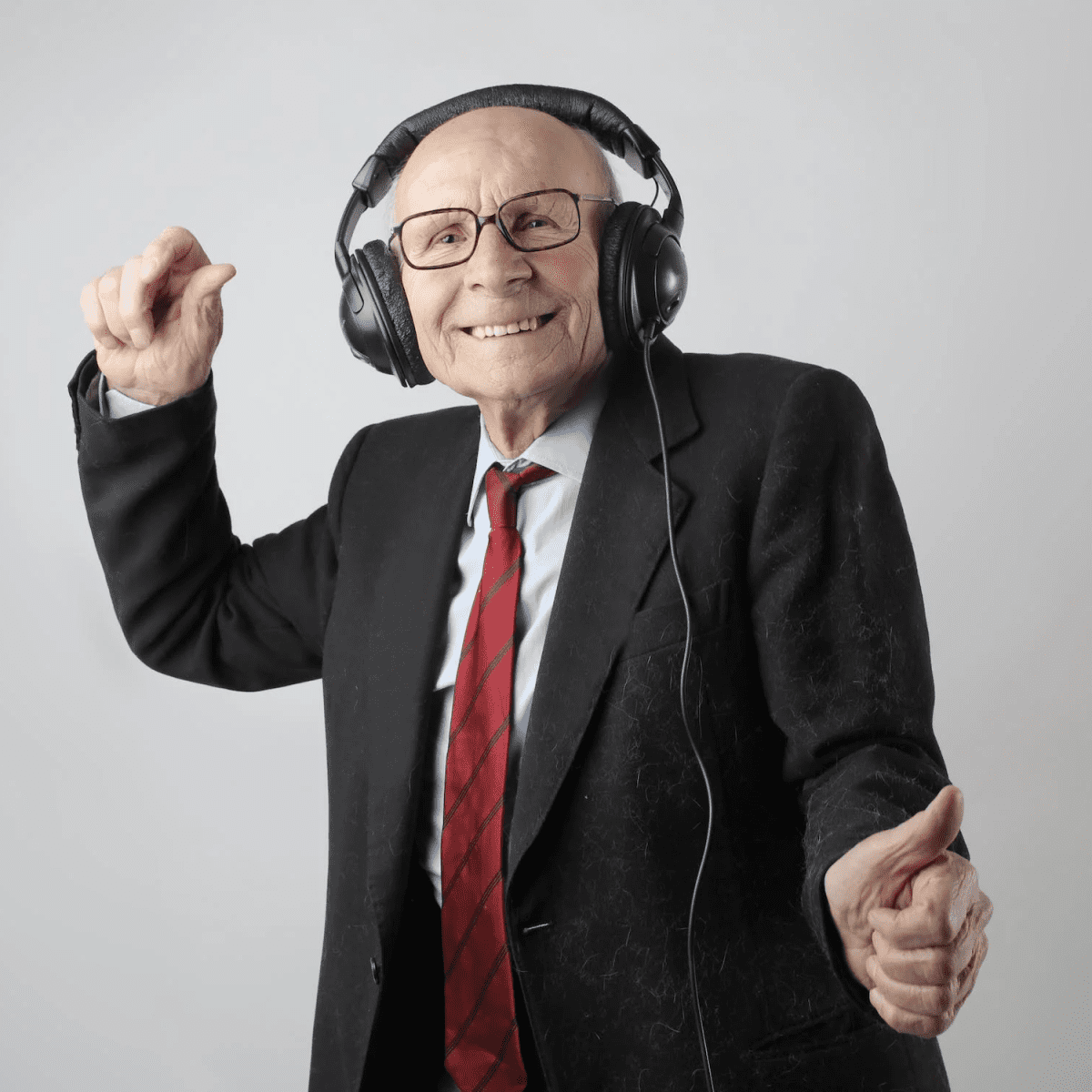Music is often a potent medium and an integral a part of our everyday lives. Music is all around, from advertisements to anthems, from nursery rhymes to the self-repeating jingles we use as being a memory device.
In your teenage years, lots of friends and family likely paid attention to the identical, or similar, music and artists. Shared music can certainly produce a communal feeling and togetherness, potentially introducing you to people you’d probably have not met.

Certainly one of music’s main benefits is joining together individuals who might not exactly otherwise know the other. For fogeys or grandparents who cannot communicate as effectively due to medical or language barriers, songs, melodies, and sounds will bring unity without making use of words.
Sometimes, culture can get lost between generations, particularly if languages aren’t offered. Music can connect the older and younger generations and help preserve culture, as parents or grandparents often share cultural traditions and stories through songs or teaching instruments.
Encourages exercise and physical health
Whenever they hear a great beat, most of the people can’t help but move somewhat – regardless of whether they “can’t dance.” Whether the one you love is regularly in the gym, likes to go on walks, or maybe would rather dance, music is a good way to get them high on their feet.
Exercises are fundamental to a healthy lifestyle mainly because it strengthens muscle tissue and bones, cuts down on chance of disease and illness, and improves overall mobility superiority life. Some people aren’t partial to a fitness center, but that’s only some of the strategy to exercise! A fantastic song can get your heart pumping and your body moving.
Can improve mental health
Music can drastically affect our feelings and state of mind. It’s got shown to reach deep emotional areas of mental performance and evoke strong emotions. Happy, joyful music triggers our brain’s dopamine receptors, which ends up in mood boosts as well as a better lifestyle. On the other hand, sad music is likely to hold the opposite effect.
Your feelings will probably follow suit with regards to the type of music you tune in to. As an example, when going to the gym, athletes often play hype music to assist them push because of their best, and composers use intense music to trigger fear, surprise, and suspense in film scores.
Music might help people that experience anxiety or depression by calming and reducing those feelings. Some therapists use music to discover emotions individuals don’t necessarily possess the words to convey.
The highest quality songs for seniors are the types which means that something for them. Ask the one you love regarding their favourite songs, or introduce these to a new challenge!
It improves concentration while focusing.
Playing a guitar is a good strategy to build concentration while focusing. New skills require steady attention and perseverance to understand. Research shows that learning a musical instrument strengthens the brain inside the brain, fosters more communication between the right and left sides of the brain, and improves overall cognitive ability.
Because of this, those who play instruments have better concentration, memory, fine motor skills, and overall brain strength. This truth remains true even though you started learning being an adult.
In case your beloved has always aspired to learn to play music, encourage them to do this. In addition learning a musical instrument improve cognitive function, but it’s also fun! It may introduce new friends and new experiences.
Music is associated with memory.
Sound can be a close second to smell in relation to essentially the most memory-linked senses. Music has a distinct strategy for triggering our memory, as certain sounds and songs often emphasize memorable moments we keep near our hearts. They’re able to help bring us to the places we’ve been and help us remember fondly the people we knew.
Therapists recommend or integrate music therapy for anyone with Alzheimer’s or dementia. Inspite of the condition, music often revives memories that might preferably be forgotten. For musicians especially, there has been many cases where muscle memory gets control, and despite having dementia, they can play and improvise songs perfectly.
However, the most common using tunes and melodies is usually to ease the anxiety and depression that can with all the diagnosis and progression of dementia. Experts the best music for seniors with dementia is familiar, calming or happy.
Even though your parent or grandparent doesn’t have dementia, music can revive fond memories and transport rid of it to “the good ol’ days.”
To stimulate diet and weight loss, a number of our locations have music programs to supplement our memory care program and improve our residents’ quality lifestyle. As an example, our Seasons Amherstburg location hosts weekly music days where our staff talk with residents to assist them to feel looked after and included.
The best way to help your loved one incorporate music in life
Since you’re knowledgeable about some of the important things about music, below are a few methods for you to integrate the best thing about music to your parent or grandparent’s everyday life:
Curate a playlist on the CD or perhaps a music-playing website (i.e., YouTube, Spotify, etc.).
Find live music in your community. (i.e., A jazz bar, a college band or perhaps a musical theatre show).
Introduce them to a music streaming platform and make them learn the way you use it to get their favourite songs.
Recommend music therapy.
Encourage them to learn an instrument, sing or dance.
Cause them to inside a dance class or choir group at a community centre or church.
Conclusion
Music can be a beautiful way to express the things which can’t be expressed through words. Hence, it becomes an excellent way for seniors to relieve stress, boost their mood, and grow their overall outlook on life.
For details about retirement songs you can check our new web page

